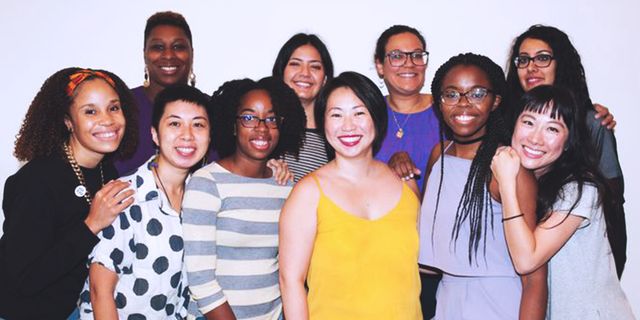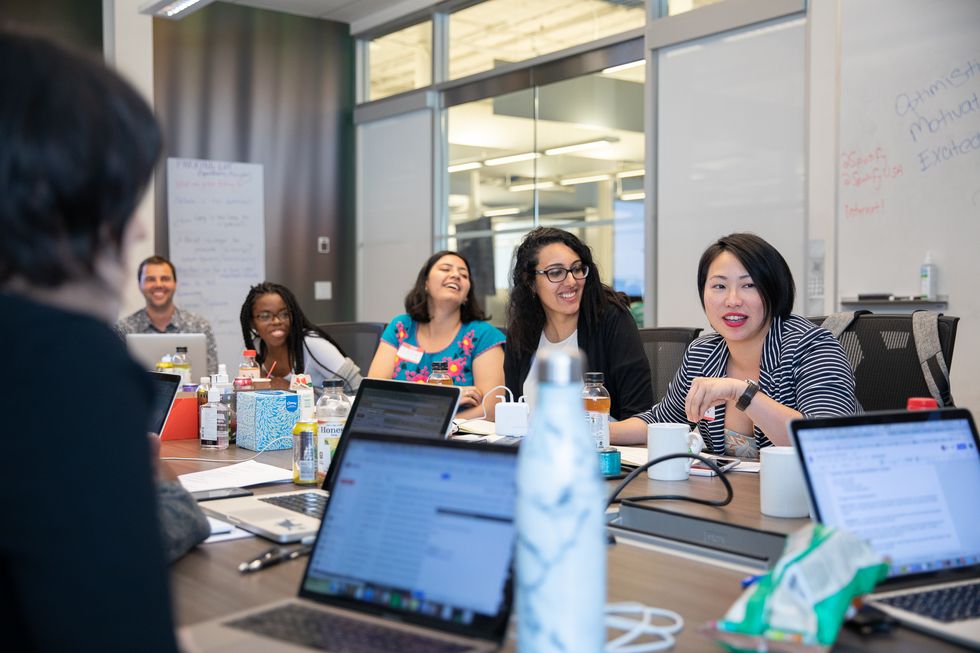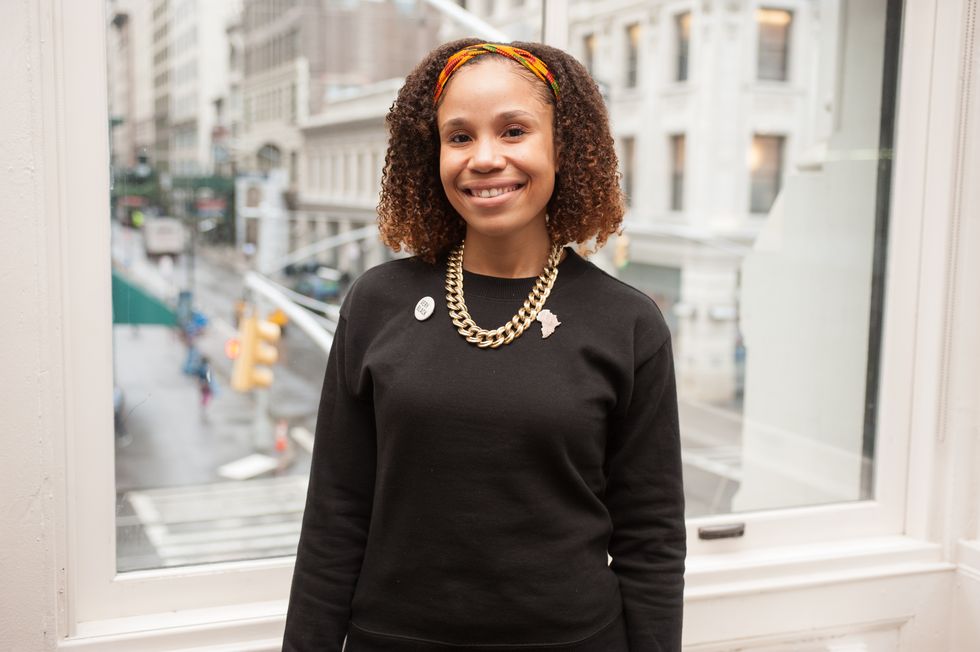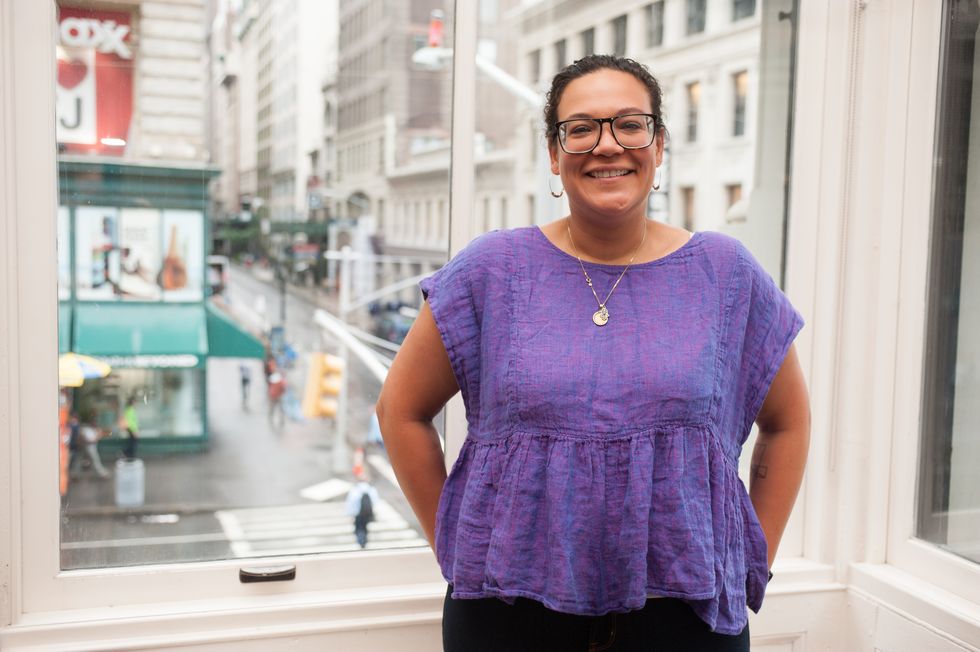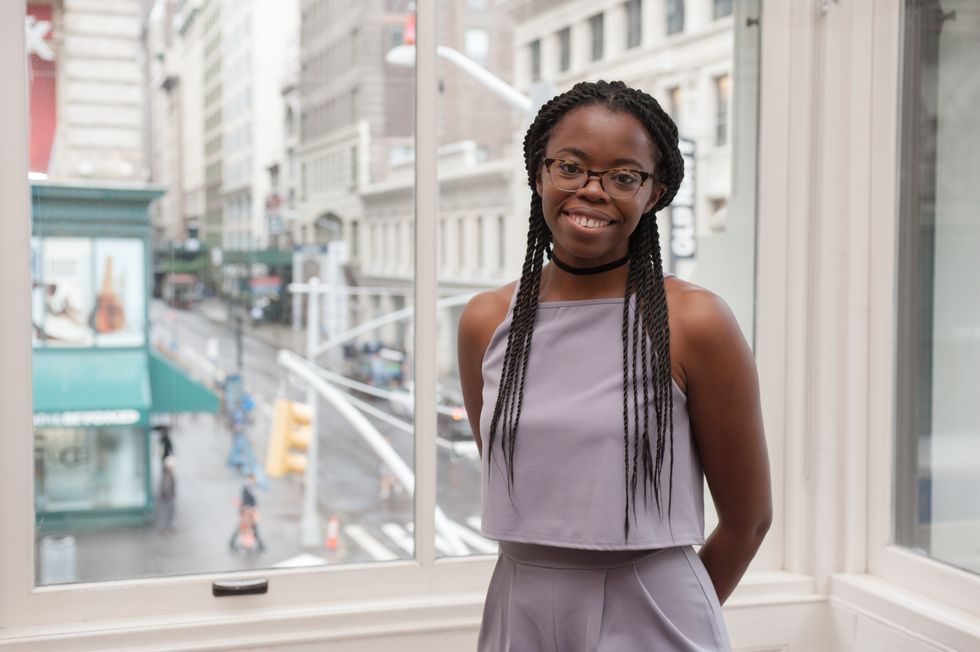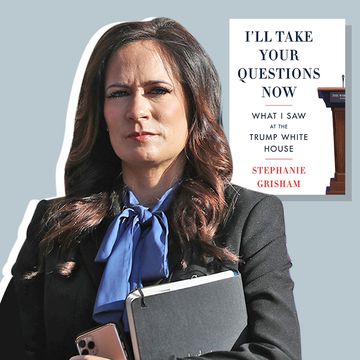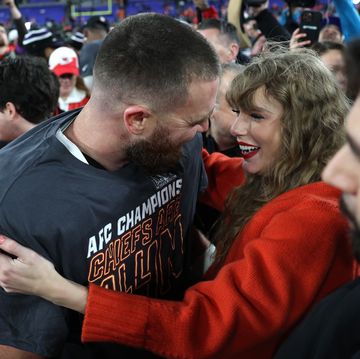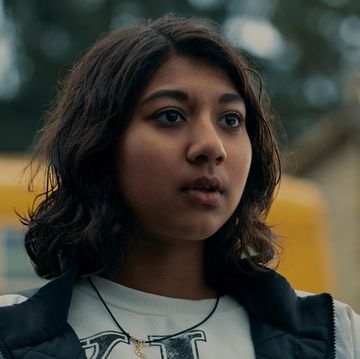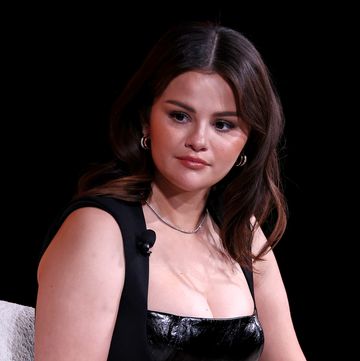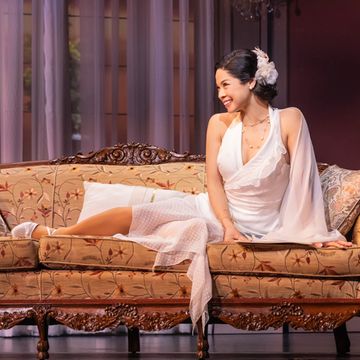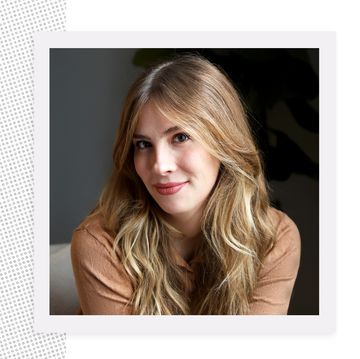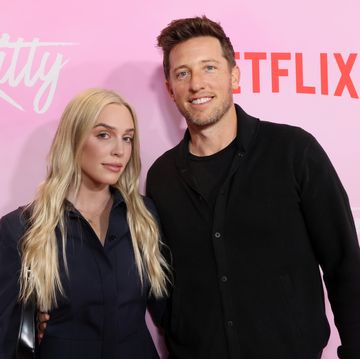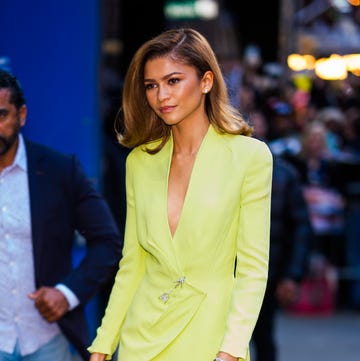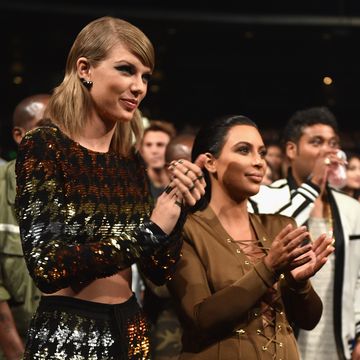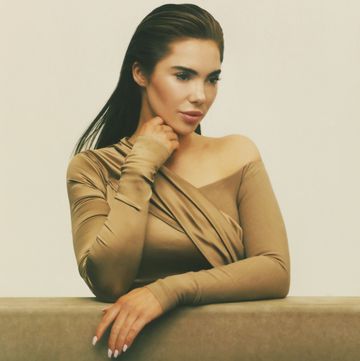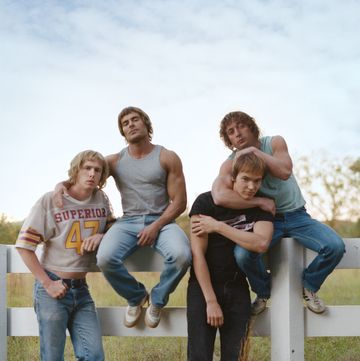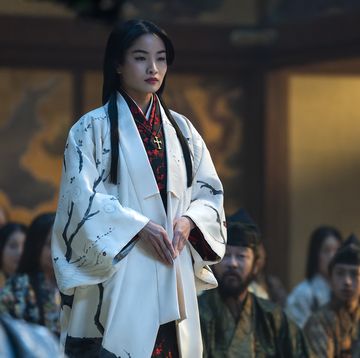In a corner conference room in Spotify’s Manhattan offices, 10 women go around a table talking about the podcasts they want to make. Their ideas are all wildly different, from video games and the Muslim dating world to nature and the history of cats. But all the women there have the same goal: to tell stories the podcast world has largely ignored, until now.
Spotify had developed the training, called Sound Up Bootcamp, as part of their yearlong Black History Is Happening Now program. In March, the company put out a call for entries from women of color who wanted to make podcasts—and got 18,000 applications. For 10 spaces.
The company quickly learned there were thousands of women of color who just hadn’t had the chance to tell their stories yet. And by giving these women resources, they could make podcasting more open to both creators and listeners who don’t see, or hear, themselves represented.
Right now, the podcast world is overwhelmingly white and male. A 2016 analysis from Quartz found 66 percent of the most popular podcasts had at least one white male host, but only around 8 percent had at least one host who was a woman of color.
That lack of diversity also extends to people behind the scenes. "We joke about going to podcast events and you see the same five black women, or women of color, and you kind of do the nod," says Natalie Tulloch, director of content partnerships and executive producer at Spotify.
Spotify is betting that helping podcasts reach different demographics will lead to more podcast listeners overall. After all, a study from Edison Research found 63 percent of podcast listeners were white, which means there are listeners out there to be reached.
"There's a huge audience that's being deeply, deeply underserved, that aren't seeing themselves in existing podcasts," says Casey Acierno, senior manager on Spotify's social impact team. "People are slowly waking up to the fact that it's both the right thing to do and it's a great business opportunity, which is a great place to sit."
And that means more people will hear stories from underrepresented communities, be exposed to groundbreaking journalism, or just get a laugh from 2 Dope Queens while they do dishes.
Only three women out of 18,000 have won the grand prize: getting their pilot episodes funded, with up to $10,000 each. These winners now have the resources to start their podcasts, which cover science, genetics, and women’s careers. Meet the three winners of Spotify's Sound Up Bootcamp below, and get to know the makers of your future favorite podcasts.
Janina Jeff
Day job: Human geneticist at the biotech company Illumina in New York
Podcast: In Those Genes, which focuses on genetics and the black community, with cohost Ashley Huderson.
"In Those Genes is a podcast that uses genetics to help black folk uncover their lost identities. I have a cohost, Ashley Huderson, and she also has a PhD. The first mini-season, Ripped Genes, is going to be all about direct-to-consumer genetic testing in four parts. We're going to talk about accuracy in both tests, accessibility of those tests, interpretation is going to be a really big one, and privacy.
I have a second [mini-season] that's going to be all about hair. Black women, we have the most beautiful, unique hair — and it is genetic. We're going to dissect the genetics of hair. I call this miniseries Good Hair Genes.
Essentially, African-Americans in the U.S. have no sense of their identity, because our identities were literally lost through slavery. Genetics is the one unbiased way we can talk about our identities and really untangling who we are and when we're from. And I think knowing your identity is a human right."
Kristina Ogilvie
Day job: Secretary for a disaster aid nonprofit in Washington, D.C.
Podcast: Your Job Seems Easy, an interview show which explores the working lives of women of color
"Sometime between 2006 and 2011, I worked at the Chicago Symphony Orchestra as a telemarketer. And I was the worst, but we'd get free tickets to the symphony. I'd go a lot, and I just remember watching the timpanist, and being like, 'How hard is that, really?' And then I looked him up, and he'd actually worked really hard and had degrees in like 80 different instruments. I felt so condescending and so foolish. That's when I had the idea for a podcast. Your job seems easy, but actually it's not. And I carried that around with me until I applied to this podcast bootcamp.
My dream interview is Courtney Milan, who is a romance novelist. She was a lawyer and then changed jobs completely and started writing romance novels. They're in old-timey, and ostensibly traditional, settings, but [featuring] characters who are usually on the margins, which speaks to me as a woman of color. Romance novels are denigrated and seen as less than because they're for women.
People think that when a woman of color does a job, that means it's easy, but it's more along the lines of a woman of color is doing her job, and having to do it despite discrimination, despite sexual harassment on occasion, despite all kinds of drama. And then they also make it look easy. You don't see these people, you know? We're out there, working our butts off and making things easier for people. Or having our jobs automated out from under us."
Titi Shodiya
Day job: Scientific auditor at the National Institute of Standards and Technology, accrediting science labs in Washington, D.C.
Podcast: Dope Labs, which looks at the intersection between science and pop culture with cohost Zakiya Whatley
"My podcast is cohosted with my good friend Zakiya Whatley, who I went to graduate school with. We both have PhDs, mine is in mechanical engineering and materials science, and hers is in genetics, and we both got those degrees from Duke University.
We both believe that everybody has a scientist within them. It's just that a lot of people weren't given access to science in ways that were acceptable for their brains. We're going to be showing the intersection between science and pop culture, and making it really fun and relatable and accessible to everyone.
In the scientific community, the voices of minority women are not amplified as much as they should be. When you think about the most prominent woman of science, within mainstream media, it's hard to think of anybody. But it's Doc McStuffins, [a kids' show with] 1.4 million viewers. She's the it girl for women of color in STEM. I think all the women in science, we've all been trying to make a huge impact, and our voices can be stifled sometimes by older white men in our fields.
In this millennial space, we're running out of icons. And it's time for me to be my own hero, and put myself out there to possibly have that type of impact. We want to be the female Neil DeGrasse Tysons of science."
Spotify’s other finalists were Shonté Daniels, Amanda B, Tiara Darnell, Ivy Le, Doreen Wang, Gabriela Quintana, and Sun H.
